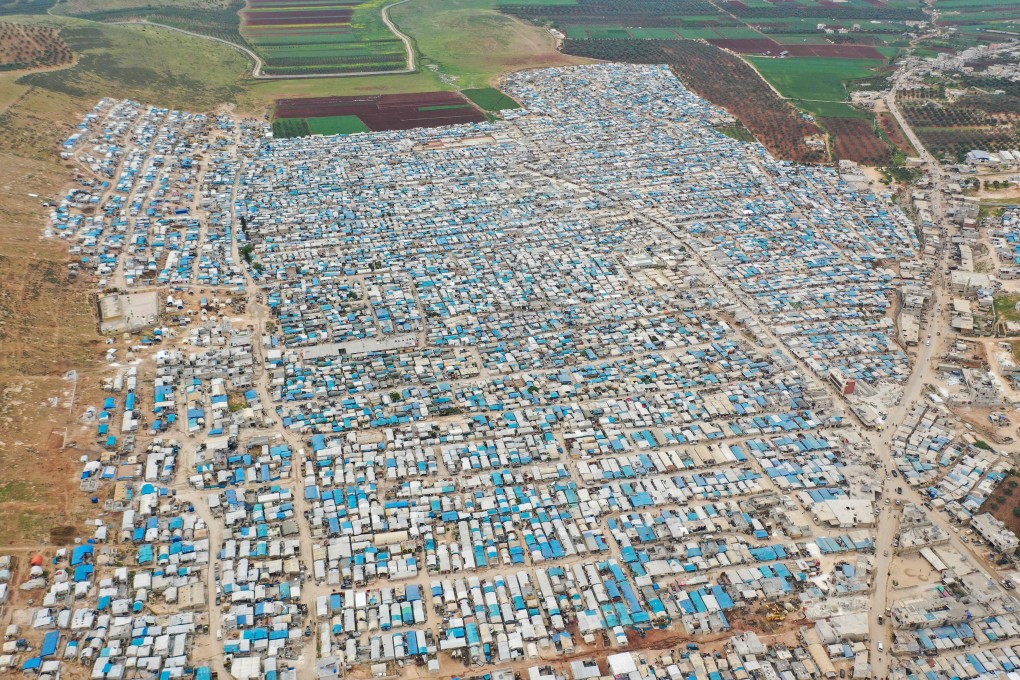Coronavirus pandemic could push 130 million to ‘brink of starvation’, UN warns
- Worst-case scenario could see famine in some three dozen countries, UN food agency
- The bleak warning came as deaths from the virus surpassed 175,000 worldwide

Beasley said today 821 million people go to bed hungry every night all over the world, a further 135 million people are facing “crisis levels of hunger or worse”, and a new World Food Programme analysis shows that as a result of Covid-19 an additional 130 million people “could be pushed to the brink of starvation by the end of 2020”.
He said in the video briefing that WFP is providing food to nearly 100 million people on any given day, including “about 30 million people who literally depend on us to stay alive”.
Beasley, who is recovering from Covid-19, said if those 30 million people can’t be reached, “our analysis shows that 300,000 people could starve to death every single day over a three-month period” – and that doesn’t include increased starvation due to the coronavirus.
“In a worst-case scenario, we could be looking at famine in about three dozen countries, and in fact, in 10 of these countries we already have more than one million people per country who are on the verge of starvation,” he said.